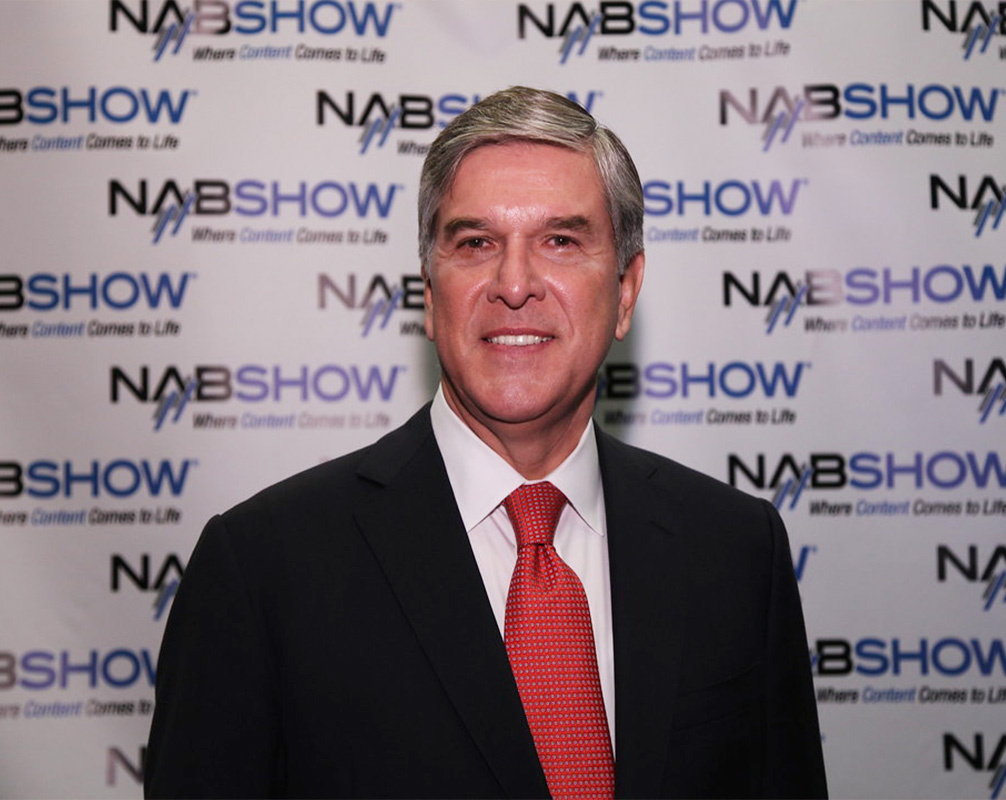NAB President-CEO Gordon Smith offered encouragement to efforts to develop the next-generation of television technical standards, but cautioned that for the promise of any advancements to become reality, television stations will have to have access to sufficient spectrum.
He made the remarks in his keynote address at the annual meeting of the Advanced Television Systems Committee (ATSC) in Washington this morning.
“We are fast moving past the age of linear television-only, though, into a new world that is on-demand, interactive, Internet-enabled and three-dimensional, with a public that has an insatiable need for more high quality content. So, finding a way for broadcasters to take part in that new world isn’t optional, it’s a necessity in order to stay competitive with other media in this complex and unpredictable digital world.”
One of ATSC’s major efforts is the development of ATSC 2.0 — or next-generation TV — a new TV broadcasting standard that would be far more efficient in its use of spectrum than today’s DTV system.
“My understanding of ATSC 2.0,” said Smith, “is that it will have things like more efficient compression and the important ability to tie in services that are similar to Internet content or pulling content directly from the Internet itself. We have been talking a lot about broadband and broadcast convergence in the current spectrum debate. The features of ATSC 2.0 sound consistent with that vision of broadcast and broadband being complementary, and maybe even having synergy with each other. So I urge you to move forward rapidly with this program and ensure the receiver manufacturers are committed to making products, as well as broadcasters supplying services.
“Any new system will need to have a companion transition plan that takes broadcasters, manufacturers and especially consumers into account so that they can benefit from the new system in a manageable way. I know that’s not the issue right now, but if a move to a next generation system is eventually seriously contemplated, the transition plan will be a make-or-break issue.”
But, he cautioned, “change can’t happen, and we can’t serve our audiences, if we don’t have sufficient spectrum. It’s the necessary ingredient in the over-the-air part of free, over-the-air television.”
Referring to the FCC’s plan to retrieve TV broadcast spectrum and give it to wireless broadband services through the use of voluntary spectrum auctions, Smith said: “A lot of controversy revolves around the word “voluntary” when it comes to broadcasters giving up spectrum. At the core, we want to protect broadcasters from being forced to give up spectrum involuntarily. And for those that choose not to give up spectrum, we want them held harmless and not disadvantaged by their choice to stay in the business of broadcasting.”
“So, what we’re saying to the government is keep voluntary, voluntary. Broadcasters have a unique identity. We are important voices in our local communities. We live where we broadcast, and we reflect the values of those communities, large and small across the country”.
